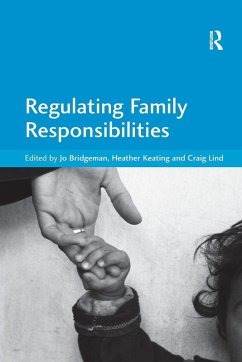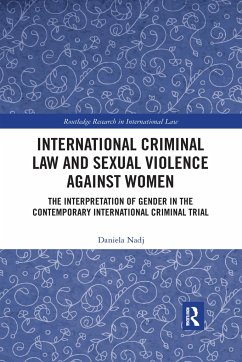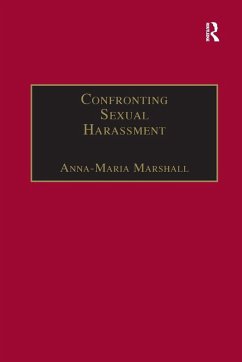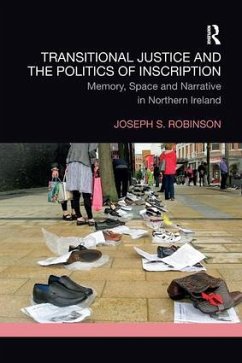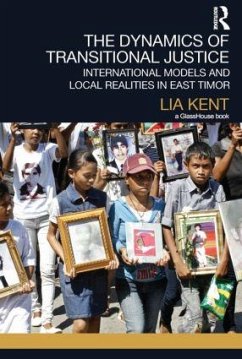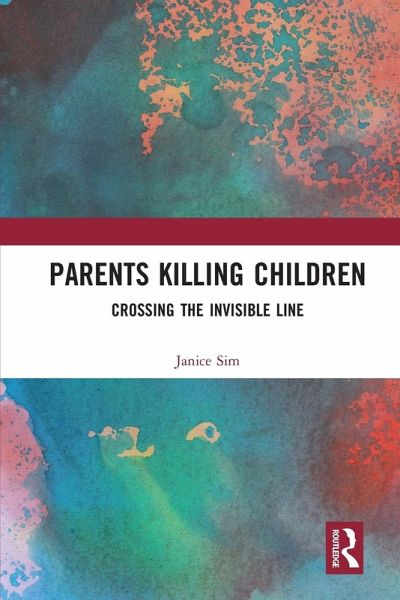
Parents Killing Children
Crossing the Invisible Line
Versandkostenfrei!
Versandfertig in 1-2 Wochen
56,99 €
inkl. MwSt.
Weitere Ausgaben:

PAYBACK Punkte
28 °P sammeln!
Parents Killing Children: Crossing the Invisible Line explores hidden forms of violence within the family. This socio-legal study addresses the interactions between the family and the state, focusing on six parent perpetrators and the ways in which child endangerment is concealed within society. Drawing on symbolic interactionism, mythology and a modelling of case study data, this book puts forward a unique conceptualisation of representation and risk, both on familial and state levels. The failure of the state to intervene and neutralise volatile perpetrators also sheds light on the socio-leg...
Parents Killing Children: Crossing the Invisible Line explores hidden forms of violence within the family. This socio-legal study addresses the interactions between the family and the state, focusing on six parent perpetrators and the ways in which child endangerment is concealed within society. Drawing on symbolic interactionism, mythology and a modelling of case study data, this book puts forward a unique conceptualisation of representation and risk, both on familial and state levels. The failure of the state to intervene and neutralise volatile perpetrators also sheds light on the socio-legal status of children - society's most vulnerable - and the book concludes by discussing means by which the underlying social conditions and maladies symptomatic of child abuse and killing should be addressed.





